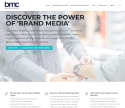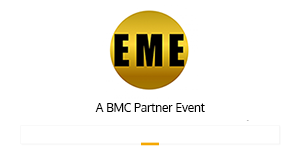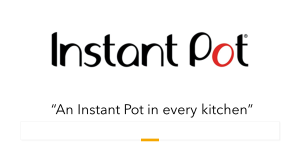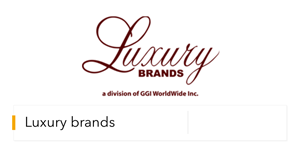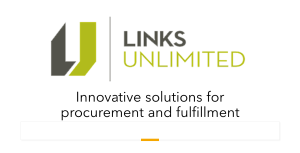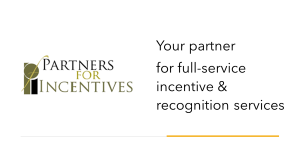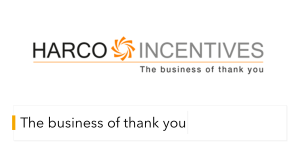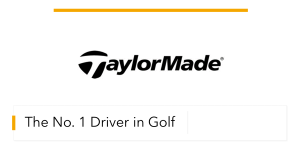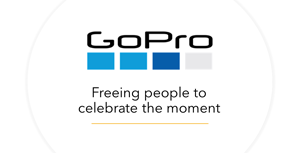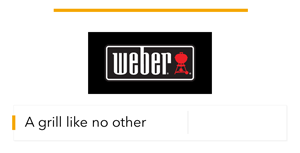News Analysis: It's Time for a New Business Model for Buyers and Sellers
The practice of burying program design, planning, and project management into markups for rewards is bad for everyone. The new focus on reward science calls for a new respect for expertise and a more transparent business model.
By Bruce Bolger
- Expertise and Experience Required
- What’s Wrong With the Reward Markup Model?
- What Purchasers Need to Understand
At the recent Incentive Research Foundation Invitational, RRN Editorial Director Richard Kern made it a point to ask incentive companies about their ability to charge service fees for their professional expertise when designing programs based on the research conducted over the last decade or more. (see RRN: Industry Research, Program Design, Social Impact of Incentives Among Key Issues Discussed at IRF Invitational in Cancun)
To no one’s surprise, the inability to charge fees for these services is an ongoing frustration on the part of solution-providers. Why is it that consultants in inbound marketing, customer relationship management, technology, change management and other areas can command $200 per hour (and often much more) for professional services while RFPs for incentive and recognition programs are usually written to expect that such services should be included in the reward markup?
The answer is simple. Because organizational management has little knowledge about the extensive research and best practices of program design, most rely on their own gut instinct about program design and implementation and seek out suppliers of incentive travel, merchandise, gift cards, experiences and benefits to fulfill their personal assumptions related to how to engage their teams and the reward experience. They have no respect for the expertise involved.
Expertise and Experience Required
If the last decade of research has demonstrated anything, it’s the benefit of having a systematic approach to program design as embodied in the ISO Annex SL and ISO 10018 Quality People Management standards, or the systematic approach of the IMA’s Principles of Incentive Program Design and RPI’s recognition education. Yet, despite dozens of impressive studies, the leading incentive and recognition companies that have helped finance them have yet to translate this into a business model that respects the importance of expertise and experience.
As previously reported, the president of a leading recognition firm recently told me that he is not bringing ISO 10018 to clients because none of them are asking for it. Here’s the thing: 1) ISO 10018 standards are new and not yet widely known or understood; 2) since when do cutting-edge companies wait for customers to ask for something from which they can benefit?; and 3) would recognition planners be the ones tasked with studying ISO 10018 or would companies think to go to recognition suppliers to learn about ISO 10018?
Because ISO 10018 was developed by the same people who created the original ISO 9000 quality standards, there’s an impressive and historic track record: The number of ISO 9000 certified companies when from zero in 1987 to over 1.3 million today following ISO 9001, with many more organizations following the practices without getting certified. Since the creators of ISO 9001 have now unequivocally embraced an enterprise approach to engagement in the latest standards, and because these principles are now embedded in a total of 16 ISO standards, it’s only a matter of time before ISO 10018 catches on.
What’s Wrong With the Reward Markup Model?
Once organizations respect the science of program and reward experience design, the current markup model makes no sense.
• Because the reward supplier makes its money on the markup, the bias is towards rewards that provide the best markup, not the best solution for the audience and program.
• Recipients get a poor value because they are in effect paying for the services related to the program design and implementation rolled up into reward price.
• With their profits in some cases based on breakage or unredeemed points, the solution-providers often have an incentive to minimize reward redemption, when under best practices organizations should achieve 100%t redemption. The reward is a critical emotional medium that is wasted if it goes unused.
• The solution-providers in most cases today are paid for delivering products, when in fact they should be paid for delivering results; in other words. when people actually perform the desired actions or achieve key goals, not only when the reward is fulfilled.
• A pay-upon performance or points issuance model gives the solution-provider the maximize incentive to design processes and campaigns that generate sustainable year-after-year results.
What Purchasers Need to Understand
The client and purchasing department will achieve better results if informed about the research and best practices in process design and the reward experience before creating an RFP or interviewing solution-providers. It’s also important to identify specifically what you’ll need in terms of outside expertise; own up if your team really doesn’t have knowledge about program design and reward experience and discuss what knowledge is needed about solution-providers to determine who does. And solution-providers should spell out the solutions they’ll provide to maximize program results, as well as the fees/hours that are involved, separate from the markups or fees they’re entitled to for managing reward selection, redemption experience, events, etc.
The design and implementation of an incentive, recognition, or loyalty strategy is no different than any advertising or promotional campaign in terms of complexity and combination of art and science. To roll that expertise into the markup of a product makes it almost impossible to effectively compare with other companies, because there are no line items for specific value offered in the typical markup. The advertising industry long ago incorporated such fees into the overall business model for the different components of a campaign.
Even if a company has the in-house capability to design and implement effective incentive, recognition and loyalty processes, expertise and customization capabilities are required in order to maximize the reward experience in line with the research showing that the manner in which an award is selected and presented/delivered is more important than the award itself.
As more organizations become educated on the research and best practices, and in turn respect expertise in program design and the reward experience, the more they will value transparent proposals that demonstrate the potential return-on-investment and provide a financial incentive to the solution-provider to generate sustainable results year over year.



